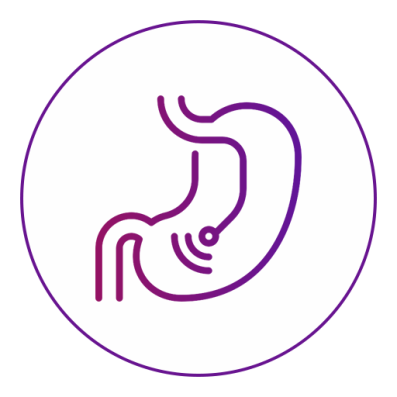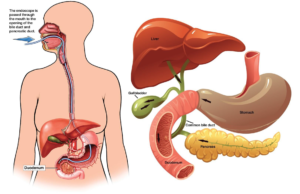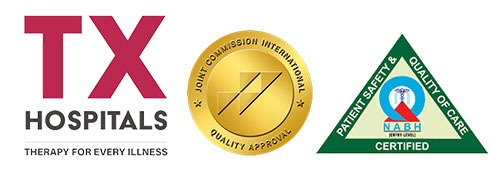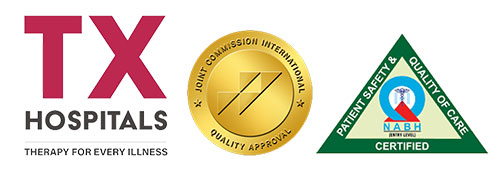ERCP Surgery in Hyderabad

What is ERCP Surgery?

Why is ERCP Surgery Performed?
ERCP surgery is performed for several reasons, including:
- Gallstone Removal: ERCP can be used to remove gallstones that have migrated from the gallbladder and become lodged in the bile ducts. This procedure eliminates the need for traditional open surgery.
- Diagnosis and Treatment of Bile Duct Disorders: ERCP allows for the evaluation and treatment of various conditions affecting the bile ducts, such as blockages, strictures, or leaks.
- Pancreatic Disorder Management: ERCP can aid in diagnosing and treating certain pancreatic conditions, including chronic pancreatitis, pancreas divisum, or pancreatic duct leaks.
How to Prepare for ERCP Surgery?
Preparing for ERCP surgery involves a few important steps to ensure a safe and successful procedure. Your healthcare provider at our Hyderabad center will guide you through the process, which may include:
- Consultation and Evaluation: During your initial consultation, your healthcare provider will review your medical history, perform a physical examination, and discuss the purpose and expected outcomes of the ERCP procedure. They will also explain the potential risks and benefits.
- Fasting Instructions: You will be instructed to abstain from eating or drinking for a specific period before the surgery to ensure an empty stomach. This is essential to reduce the risk of complications during the procedure.
- Medication Review: Inform your healthcare provider about any medications or supplements you are currently taking. They will provide guidance on which ones to continue or temporarily discontinue before the procedure.
- Anesthesia and Sedation: ERCP is typically performed under conscious sedation or general anesthesia. Your healthcare provider will discuss the best option for you based on your medical history and individual needs.
- More About ERCP Surgery and Consequences of Delaying Treatment
- ERCP surgery can provide significant benefits and help prevent potential complications. Delaying or avoiding the procedure can have consequences, including:
- Persistent Symptoms: Conditions such as gallstones or bile duct blockages can cause ongoing symptoms, such as abdominal pain, jaundice, or recurrent infections. Delaying treatment prolongs your discomfort and may lead to further complications.
- Increased Risks: Certain conditions, if left untreated, can result in serious complications. For example, untreated gallstones can lead to inflammation of the gallbladder or pancreas, infection, or bile duct obstruction. Prompt ERCP surgery can help avoid these risks.
- Progression of the Underlying Condition: Delaying treatment may allow the underlying condition to worsen over time. This can lead to more extensive interventions or procedures being required to address the issue effectively.
- Impact on Quality of Life: Symptoms related to bile duct or pancreatic conditions can significantly impact your quality of life, affecting your ability to perform daily activities, work, or enjoy your usual activities. ERCP surgery offers an opportunity for improved symptom management and a better quality of life.
Frequently Asked Questions (FAQs)
The duration of an ERCP procedure can vary depending on the complexity of the case and the specific intervention required. On average, the procedure itself usually takes around 30 minutes to 1 hour.
ERCP surgery is typically performed under anesthesia or conscious sedation to ensure your comfort during the procedure. You may experience some mild discomfort or bloating afterward, but any significant pain can be managed with appropriate pain medications.
Like any medical procedure, ERCP surgery carries certain risks. These can include pancreatitis (inflammation of the pancreas), infection, bleeding, perforation of the gastrointestinal tract, or adverse reactions to anesthesia. However, serious complications are rare, and your healthcare provider will take precautions to minimize risks.
The recovery period after ERCP surgery varies for each individual. Most patients can resume their normal activities within a day or two following the procedure. However, you may be advised to avoid strenuous activities and heavy lifting for a few days to allow your body to heal.
In most cases, ERCP surgery is performed on an outpatient basis, meaning you can go home the same day. However, in some instances, such as when additional procedures or interventions are required, an overnight hospital stay may be recommended.







